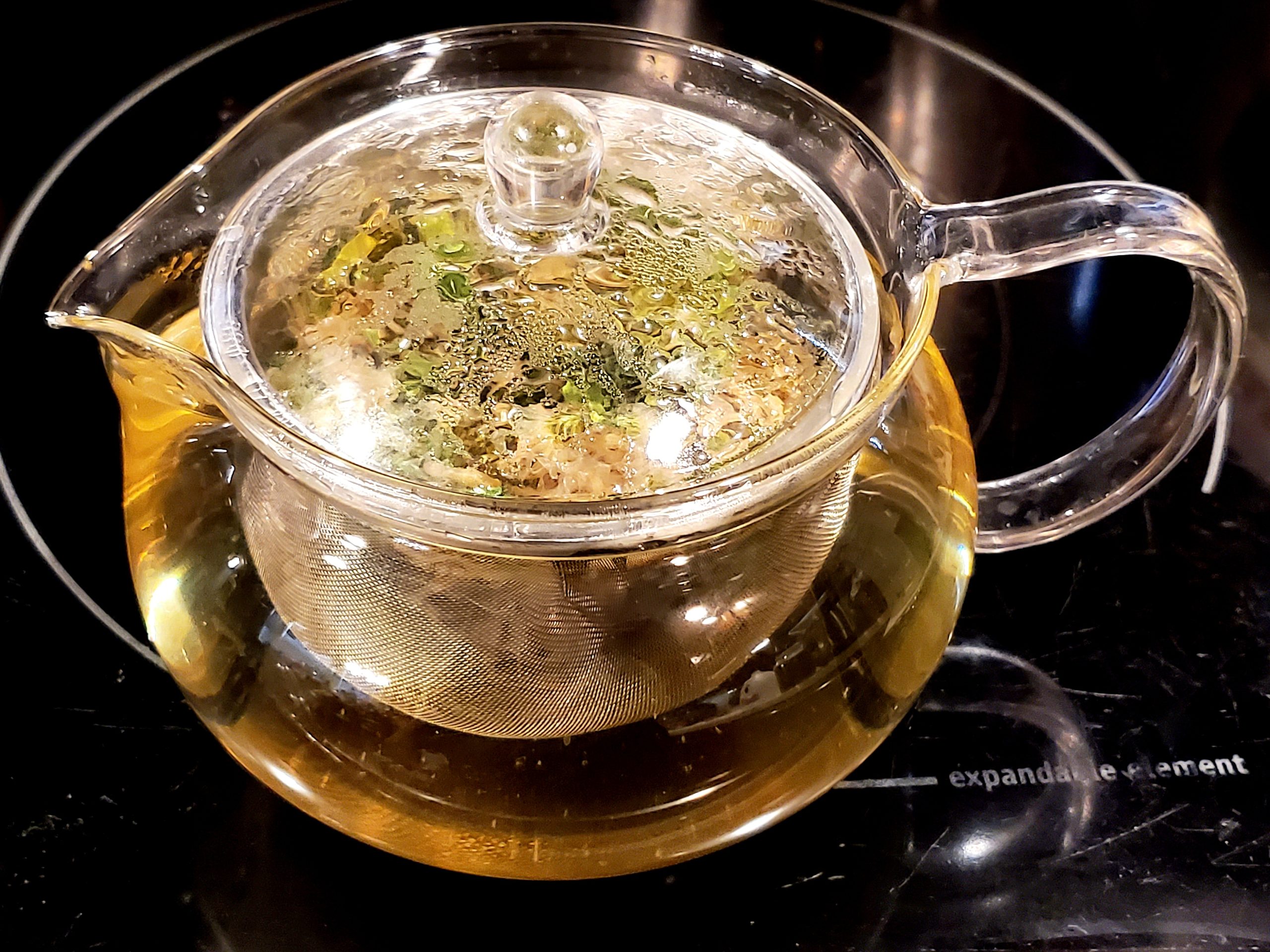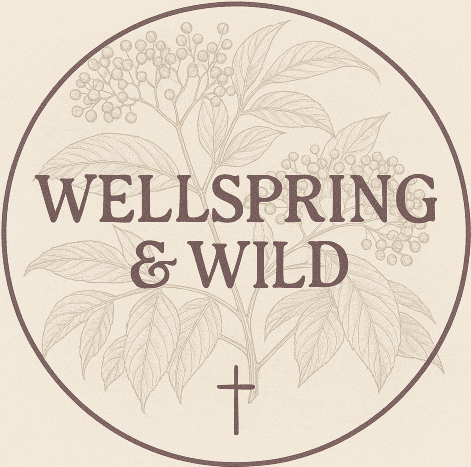
Lemon Balm Benefits: How to Grow and Use This Calming Herb
Lemon Balm Benefits: How to Grow and Use This Calming Herb
Lemon balm (Melissa officinalis) is one of those herbs every home gardener should know. It’s cheerful, aromatic, easy to grow, and full of natural goodness. Whether you’re brewing tea, soothing a fussy toddler, or crafting an herbal salve, lemon balm delivers.
What Is Lemon Balm?
Lemon balm is a member of the mint family, known for its bright lemony scent and flavor. It’s been used for centuries in herbal medicine for its calming and antiviral properties. You can grow it easily in the garden or a pot—just be warned, it spreads like mint and will take over if left unchecked!
Top Lemon Balm Benefits
- Calms anxiety and stress: Often used in teas or tinctures to ease nerves and promote a sense of calm.
- Supports sleep: Can help with insomnia and restlessness, especially in combination with other calming herbs like chamomile.
- Aids digestion: Soothes bloating, cramping, and digestive upset.
- Antiviral properties: Especially effective against cold sores and herpes simplex viruses when used topically.
- Soothes bug bites and skin irritation: Useful in salves or poultices for itchy, inflamed skin.
- Safe for kids: Gentle enough for use with children in teas or glycerites.
- Attracts pollinators: Bees and butterflies love it, making it great for your garden ecosystem.
How to Grow Lemon Balm
Lemon balm thrives in full sun to partial shade and prefers well-drained soil. You can start it from seed, cuttings, or divisions. It’s a perennial in zones 4–9 and can be grown as an annual elsewhere. To keep it from spreading, grow it in containers or regularly trim it back before it flowers.
Ways to Use Lemon Balm
- Tea: Fresh or dried leaves steeped in hot water make a refreshing, calming tea.
- Tincture: A concentrated herbal extract great for stress, anxiety, or digestion.
- Salves and balms: Combine with oils and beeswax for skin-soothing recipes.
- Culinary: Chop fresh leaves into salads, use to flavor desserts, or add to fruit dishes and lemonade.
- Aromatherapy: Crush a leaf and inhale the scent to lift your mood naturally.
Harvesting and Storing
Harvest in the morning, just after the dew dries but before the sun is strong. Snip stems above a leaf node to encourage regrowth. Dry bunches upside down or use a dehydrator. Store dried leaves in an airtight container away from heat and light for best shelf life.
Final Thoughts
Lemon balm is a simple, affordable herb with a long list of benefits. It’s one of those plants that asks very little but gives so much in return—calm, healing, and a little joy with every leaf.
“The leaves of the tree are for the healing of the nations.” — Revelation 22:2
You May Also Like

A Most Curious Find: The Ant with a Trophy
June 4, 2025
How to Treat a Fibromyalgia Flare with Natural Remedies, Food, and Faith
June 28, 2025


